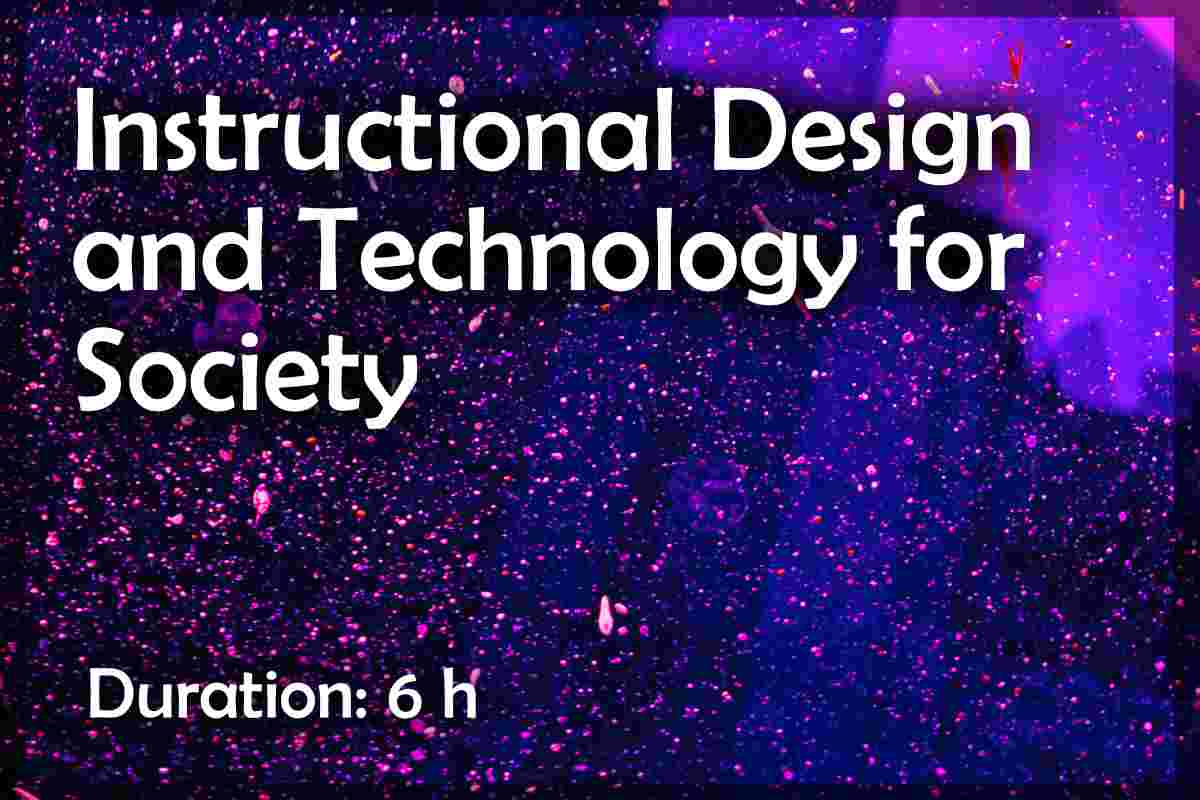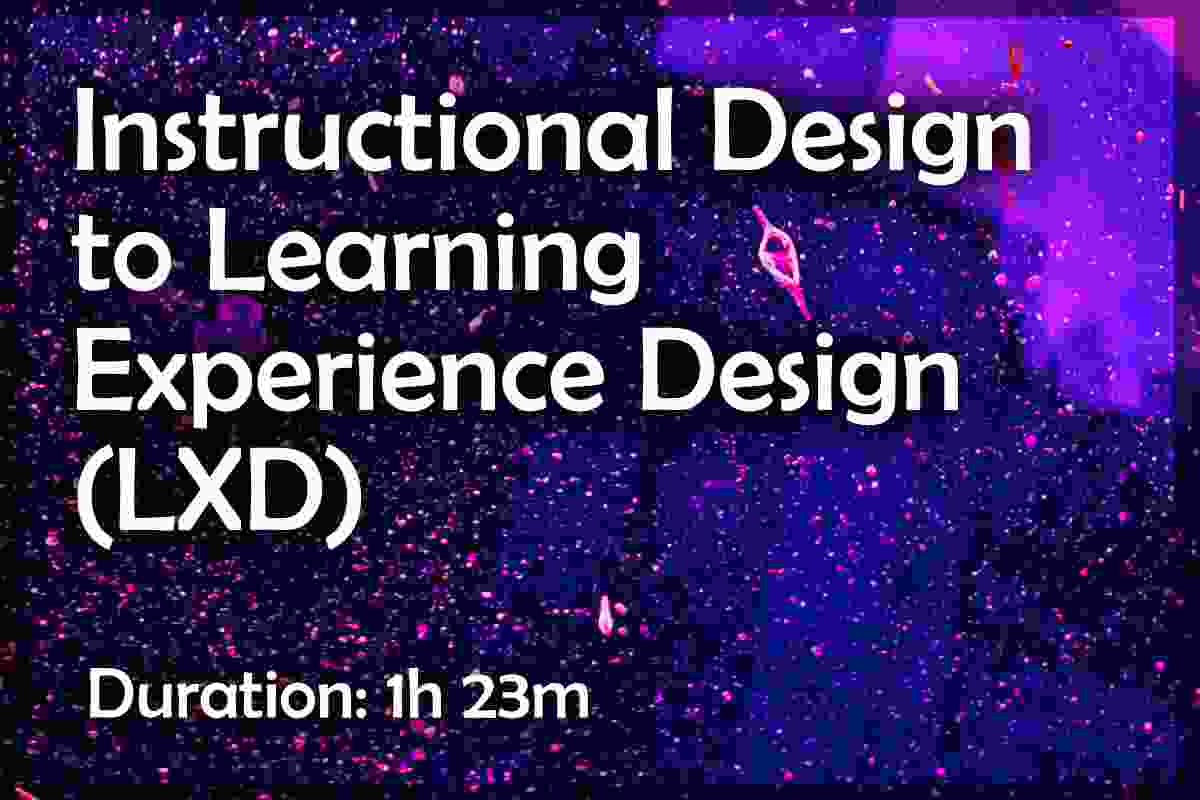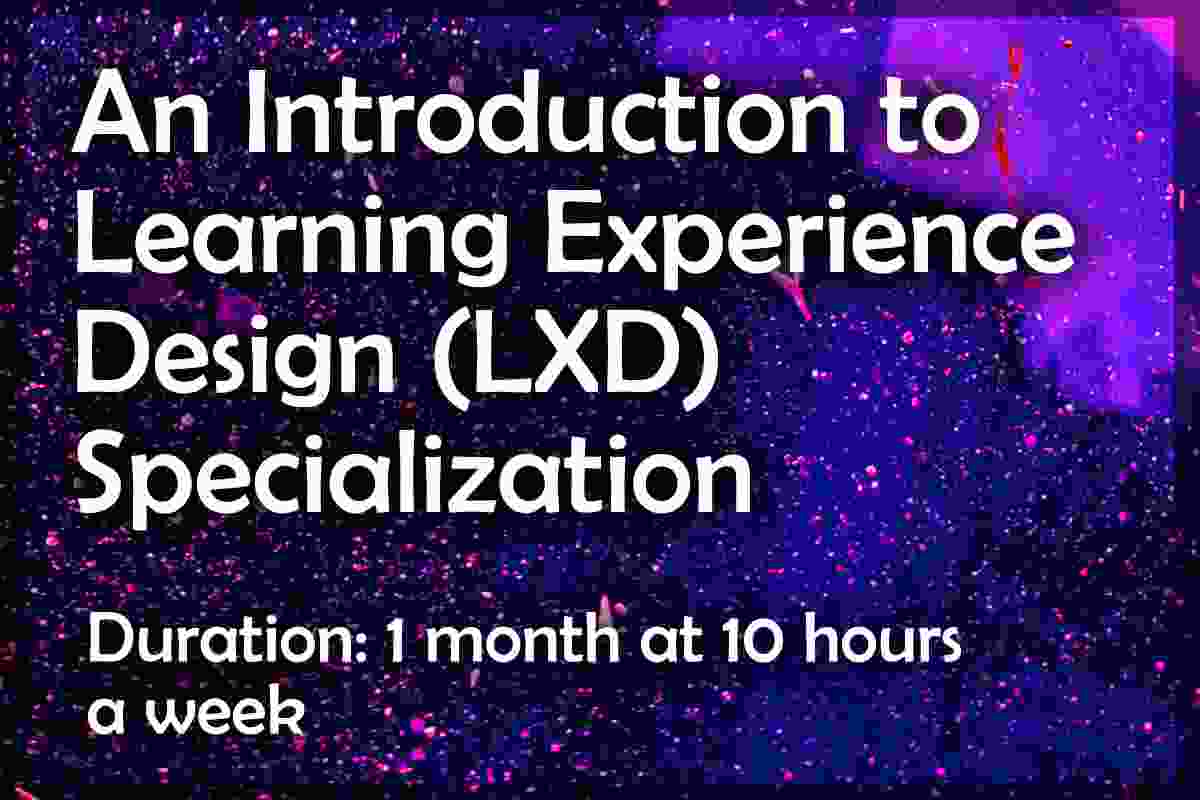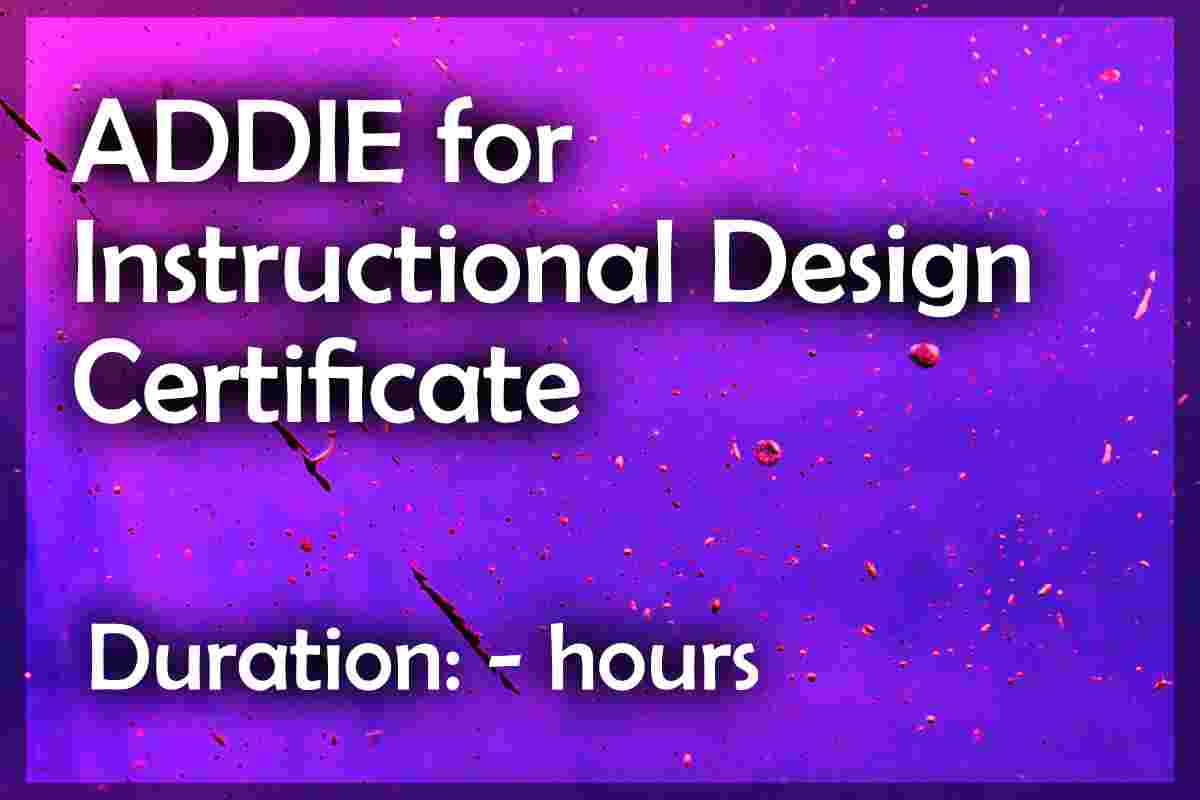Instructional Design for Online and Blended Courses
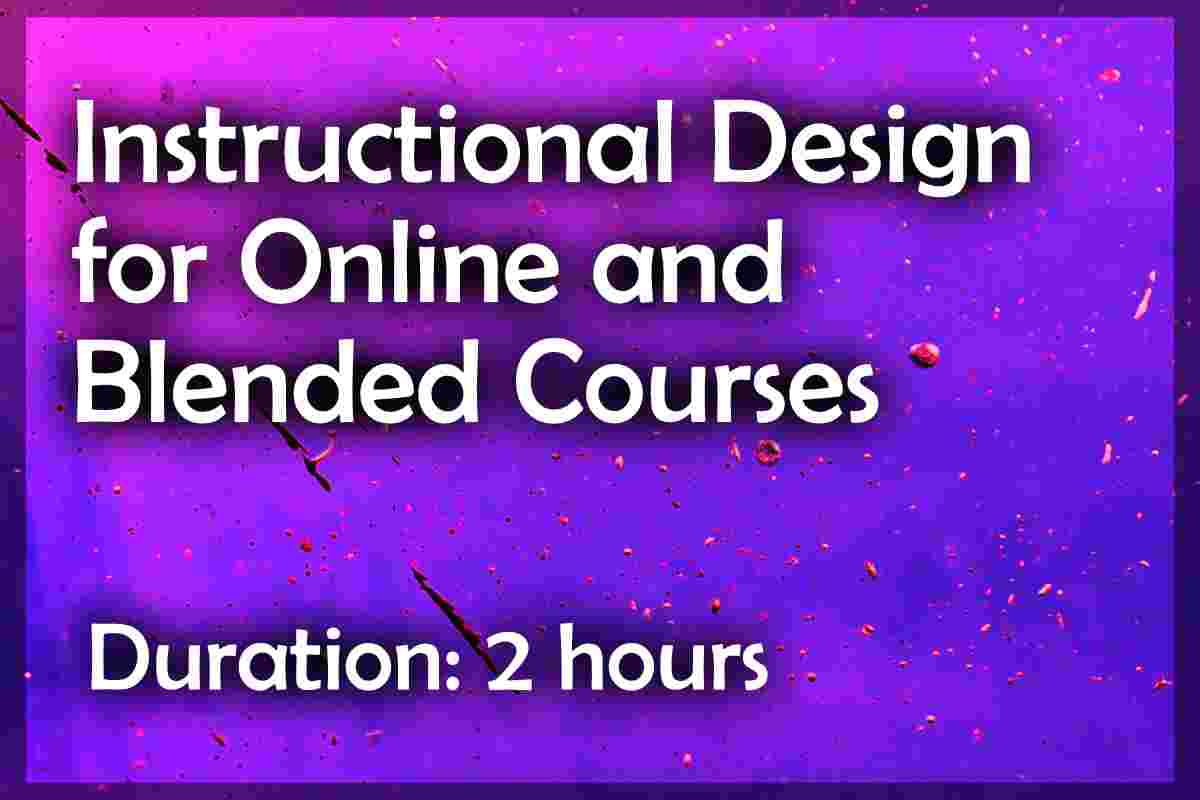
| 📖 Title | Instructional Design for Online and Blended Courses |
| ⏳Duration | 2 hours |
| 🧠Level | Intermediate |
| 🔗Link to the course | https://www.udemy.com/course/instructional-design-for-online-and-blended-courses/ |
| 🏅Certificate | No |
Instructional Design for Online and Blended Courses is a project-based course designed to guide participants through the complete process of developing an online or blended course using best practices. By the end of the course, students will have created at least six modules of their own course within the Canvas Learning Management System.
Key Features
Comprehensive Templates: The course provides extensive templates for conducting needs analysis, research, and planning, as well as a course design blueprint, introduction, syllabus, and a course design rubric for self-evaluation.
Practical Project: The main project involves designing a full online or blended course, making the learning experience highly practical and outcome-focused.
Focus on Best Practices: Students learn to apply the latest instructional design strategies, including technology integration, video, and screencasting, to enhance course engagement.
Holistic Values Integration: While the course includes some assignments on integrating faith due to the instructors' backgrounds in Christian higher education, these can be skipped or adapted to fit other institutional values.
Open and Collaborative: Developed as a volunteer-driven project to build global capacity in higher education, the course encourages feedback and contributions from participants to continually improve its content.
Who Should Enroll
Anyone interested in designing online or blended courses.
Academic leaders seeking to expand online or blended offerings.
Educators and instructional designers in under-resourced or majority world contexts.
Directors at NGOs, ministries, or nonprofits aiming to develop programs for accreditation or online delivery.
Staff at Christian or faith-based organizations looking to integrate holistic values into course design.
Instructors
Andrew Sears – President of City Vision University, co-founder of the Christian Higher Education Innovation Alliance, and former co-founder of MIT’s Internet Telephony Consortium. He brings over 20 years of experience in disruptive educational technologies and serving disadvantaged populations.
Co-instructor – Digital Learning Architect and Executive Director at Azusa Pacific University, with extensive experience in instructional innovation, online learning, and academic leadership in the U.S. and abroad.
Course Approach
Constructivist Philosophy: Students learn by actively building their own course, using creative commons worksheets and templates that can be reused for faculty training or institutional development.
Accreditation Standards: The materials align with those used in accredited instructional design courses, ensuring a high standard of quality and relevance.
Requirements
Identify a topic for your course project.
Some teaching or course development experience is helpful.
Access to a Google Account for course templates.
This course is particularly recommended for those seeking a pragmatic, cost-effective, and collaborative approach to instructional design, with a special emphasis on serving disadvantaged or under-resourced learners.


